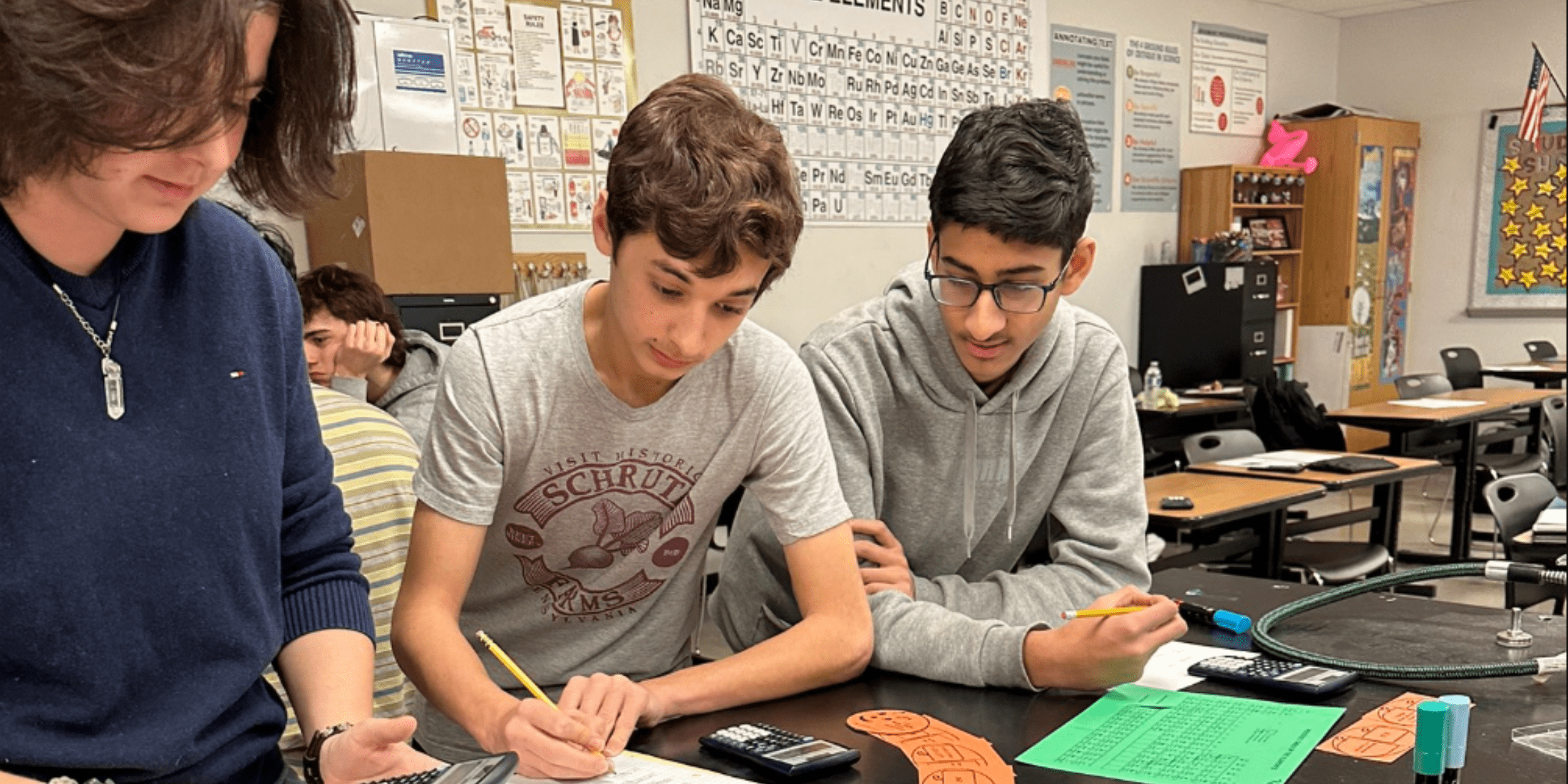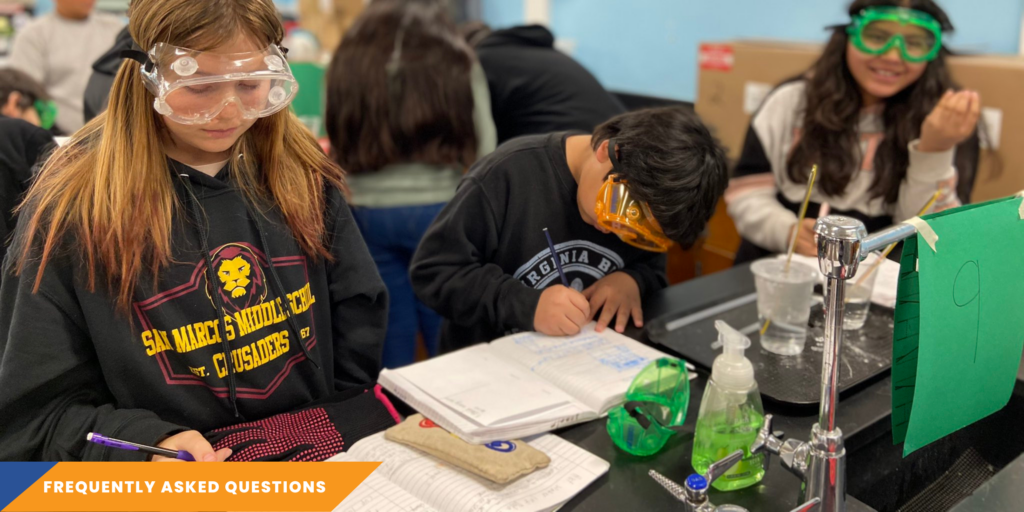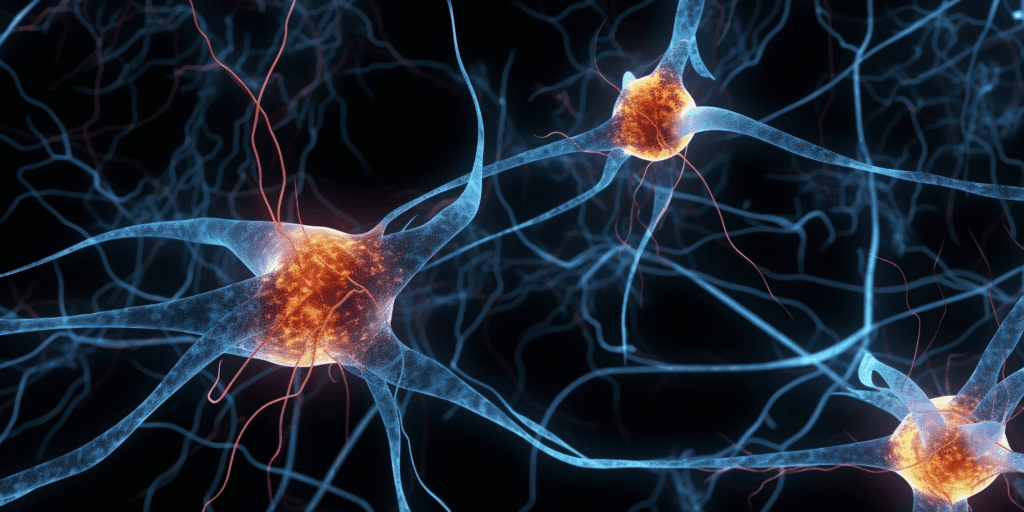Phenomenal Futures: Developing Science Identity in High School Students Using Investigative Research Projects
Phenomenal Futures: Developing Science Identity in High School Students Using Investigative Research Projects

High school is a pivotal time for students to begin shaping their futures.
As we’ve highlighted in an earlier blog post, the future is filled with emerging science disciplines like Exo-meteorology, Neuroergonomics, and Quantum Biology. Today's students are tomorrow's innovators. To keep pace with this progression and to revolutionize STEM fields, high school students need more than science knowledge.
Drawing from recent research, there's a growing consensus that for students to truly flourish in STEM, they need a foundational sense of belonging and self-perception as scientists. What students need to succeed in STEM is a strong ‘science identity’, an important concept every educator should familiarize themselves with.
Science identity is more than an emerging educational philosophy—it's the bridge to a diverse, inclusive, and groundbreaking future in STEM for all students and a gateway to the deeper learning that students want and need.
In this post, we’ll delve into new research that explores how investigative research projects can foster a positive science identity in students and how Activate Learning's investigation-centered curriculum aligns seamlessly with these insights, providing teachers with an NGSS-aligned framework to develop science identities in their students.
Understanding the Science Identity of Students
Science identity extends far beyond rote memorization of facts or high marks on an exam in classroom learning. It delves into the psyche of students, influencing how they conceptualize their place within the vast landscape of science and technology in the real world.
Science identity consists of three constructs: competence, performance, and recognition. Students need to feel like they are good at science, can perform it well, and that others recognize them for these achievements in order to develop a science identity. When students possess a robust science identity, they don’t merely see science as a distant academic subject; they see themselves as integral contributors to the field. They begin to believe that their voice matters, that they could be the ones spearheading innovations and making groundbreaking discoveries beyond the classroom.
Let's turn to the comprehensive findings of the study, Am I a Science Person? A Strong Science Identity Bolsters Minority Students’ Sense of Belonging and Performance in College. The study reveals that when students see themselves as "science people", it boosts their academic success and strengthens their sense of classroom community, especially for minority students.
This is especially significant for minority students who might grapple with feelings of being on the periphery in STEM fields. When these students identify themselves as "science people", they are more likely to perceive science classrooms as spaces where they belong, leading to enhanced academic performance. Such findings emphasize the imperative for educators to cultivate and nurture this identity in all students, as it serves as a catalyst for both personal and academic growth.
For high school students contemplating STEM majors and subsequent careers, possessing a solid science identity as they graduate high school is crucial. As they navigate the swiftly evolving landscape of STEM, marked by accelerated innovation, the expectations placed on them demand more than just knowledge; they require a deeply rooted sense of belonging and confidence in their scientific capabilities. This foundational science identity empowers them to thrive amidst the challenges of rapid technological advancement and resonates deeply with students' personal and academic lives.
Science identity connects what students learn in the classroom with how they see themselves fitting into the broader scientific narrative in the real world.
Using Investigative Research Projects to Facilitate Authentic Learning
A robust science identity is crucial for students' deeper engagement in science. A new study published in the Canadian Journal of Science, Mathematics and Technology Education (Investigative Research Projects for Students in Science: The State of the Field and a Research Agenda, March 2023) examines the role of investigative research projects in science education, where students individually or collaboratively conduct original research, and brings to light the role of investigative research projects in fostering science identity. It also underscores how these projects offer students a genuine immersion into the scientific process — from hypothesis formation to trials and setbacks — cultivating both their skills and their identification with the broader scientific community.
Typically, these projects involve students formulating a research question, devising methods, executing the investigation, analyzing results, and reporting outcomes. More than aggregating and memorizing facts, students evolve from passive receivers of information to active contributors. The study indicates that this particularly resonates with students from diverse backgrounds who may not often see themselves reflected in STEM. This immersive, authentic engagement serves as a foundation for strengthening their science identity.
Authenticity in science education is not just instrumental; it’s crucial for fostering science identity. According to research by WM Roth on science learning in open-inquiry science labs, in order for science learning in the classroom to be authentic students need to:
- learn in contexts constituted in part by ill-defined problems;
- experience uncertainties and ambiguities and the social nature of scientific work and knowledge;
- learning is predicated on, and driven by, their current knowledge state;
- experience themselves as parts of communities of inquiry in which knowledge, practices, resources and discourse are shared; and
- in these communities, students can draw on the expertise of more knowledgeable others whether they are peers, advisors or teachers.
Investigative research projects can be introduced to students in a number of ways including formal programs with structured learning modules, school-based projects or collaborations with universities, engagements in existing scientific studies, participation in scientific competitions, and laboratory-based or field-based studies. For example, according to the Canadian Journal of Science study, the following investigative research projects programs delivered transformative student experiences:
- CREST Awards: This program targeting students aged 5–19 in Scotland didn't just expose students to STEM. They immersed them in projects that enhanced skills like investigation and communication. The outcome? Teachers and students expressed significant benefits including developing vital transferable skills like time management, problem-solving, and teamwork.
- Nuffield Research Placements: These placements shifted high school students' perceptions. The emphasis was on genuine immersion in STEM research. The results showcased not just an academic advantage, but a transformation in students' perceptions of science. After their placements, students reported an 'increased understanding of what STEM researchers do in their daily work.' But beyond that, they felt they had truly contributed to 'an authentic research study.'
- The Institute for Research in Schools (IRIS Projects): Launched in 2016 with roughly 1000 participating students across all grades annually, this relatively newer initiative has been very successful at fostering science identity. Students who participated in IRIS projects expressed that such opportunities offered many benefits including skills augmentation, deeper learning of science principles, networking, collaborative learning, and tangible research projects for college applications (increasing their prospects).
Across all of the case studies, students often expressed valuing the autonomy, purpose, and significance of these projects, emphasizing the real-world nature and implications of their experiments. Numerous studies have indicated various benefits of these investigative research projects including deeper scientific knowledge and skills, enhanced research methodologies, boosted confidence in scientific activities, increased aspirations for STEM careers, and a fortified science identity.
The advantages of the investigative research projects methodology are undeniable. It not only equips students with practical skills and a deeper understanding of the scientific process, but also primes them for the ever-evolving landscape of STEM in the future, ensuring they’re well-prepared and positioned for success in their subsequent STEM endeavors and confident in their science identity.
Activate Learning's Investigation-Centered Science Curricula: Giving Students a Science Identity
Of course, knowing the importance of investigative research projects and science identity is one thing, but how can educators seamlessly incorporate them into the curriculum?
Much like the ideals shared in the investigative research projects above, our NGSS-aligned, investigation-centered science approach emphasizes hands-on, experiential learning, empowering students to actively engage in scientific investigations. Students learn by conducting investigations, usually in the form of scientific experiments or research projects, that help them to develop a deeper understanding of scientific concepts and a science identity that prepares them for a bright future.
Each curriculum is investigation-centered and driven by the three-dimensional learning model. Three-dimensional learning immerses students in scientific practices, letting them apply overarching concepts to enhance their comprehension of core ideas throughout various science fields. Our range of high school programs is designed to bolster both understanding and science identity. Explore our investigative high school programs below:
- Active Chemistry [learn more]
- Active Physics [learn more]
- Active Physical Science [learn more]
- EarthComm [learn more]
- Engineering the Future [learn more]
- Texas Integrated Physics and Chemistry [learn more]
- OpenSciEd High School: [learn more]
In a world that increasingly leans on STEM expertise, equipping students with a solid science identity has never been more crucial. By integrating investigative research projects and adopting investigation-centered science curricula like those from Activate Learning, educators can empower the next generation with not just knowledge, but a profound sense of belonging in the scientific community.
As we move forward and into the future, let's prioritize nurturing these science identities, ensuring our students are not just prepared for the future, but are also confident and enthusiastic architects of it! 🚀
* * * * * *




